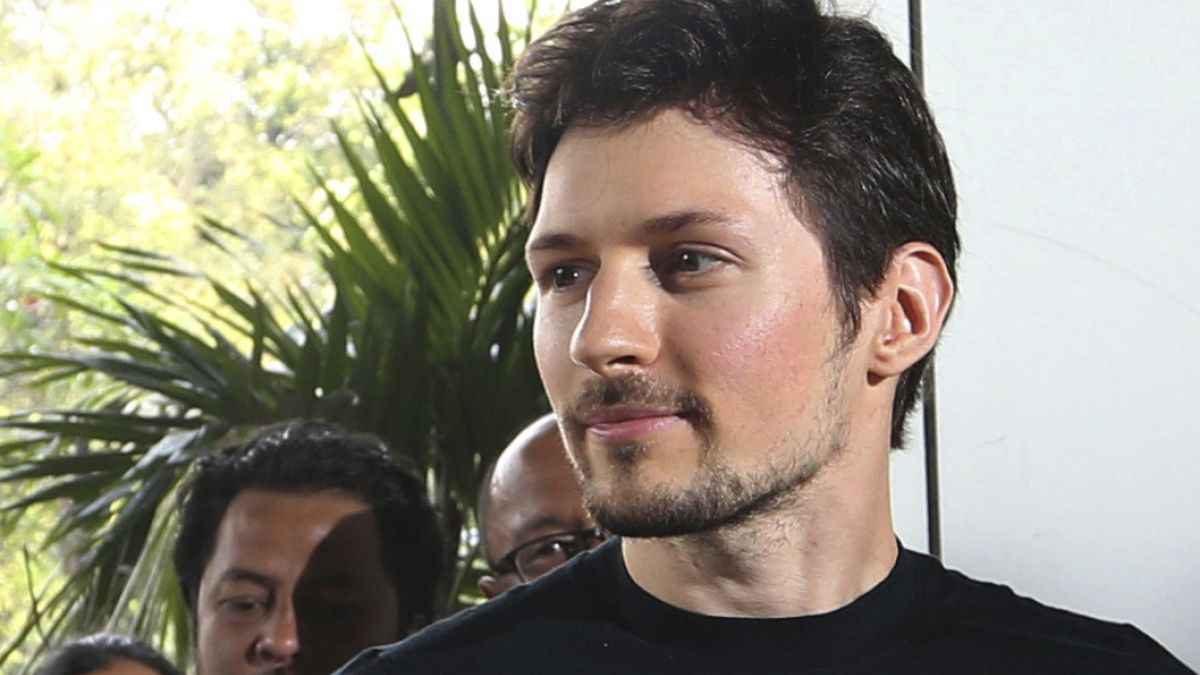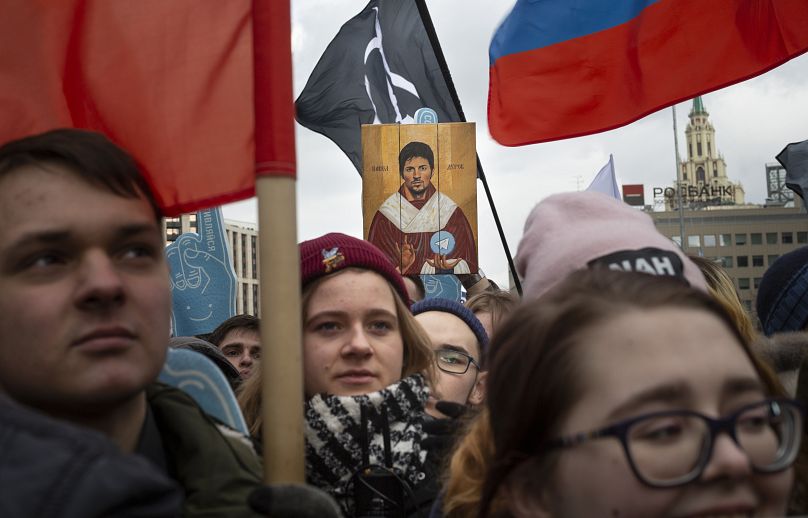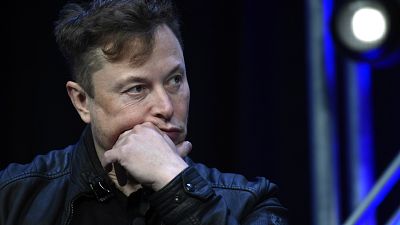Telegram has been crucial for anti-government protests but also for spreading criminal channels.
Telegram is in a double bind with its CEO and co-founder, Pavel Durov, charged in France for allowing illegal content on the platform. What he decides to do next could go against the company’s core values and shatter its reputation.
The main charges in France are allegations that Telegram was complicit in storing and distributing child sexual abuse material (CSAM) and facilitating drug trafficking, organised fraud, and other illegal transactions.
"Telegram as a company is in a dilemma," Yevgeniy Golovchenko, assistant professor with the department of political science at the University of Copenhagen, told Euronews Next.
"On one hand, they probably do not want to have this kind of friction in this escalation that we're seeing right now, so they do have some incentive to comply with French laws," Golovchenko said.
"On the other hand, if they do, it signals to the world that they are willing to actually increase moderation, and they'll be going against the core of their product".
Anti-government brand
Telegram is marketed as a platform that does not moderate much or deliver user data to states, although it could as the end-to-end encryption is not a default setting, meaning that many users do not know their data is being kept unless they select encryption for each message.
Launched in 2013 by Durov and his brother Nikolai, Telegram started its life as a messaging app that prioritised speed, security, and a way to avoid government interference.
The idea came after Durov’s earlier social media venture, Russia’s largest social network VKontakte (VK), faced pressure from Russian authorities to hand over personal data to Russia’s security services, the FSB.
This included a demand to block the account of the late Russian opposition leader Alexei Navalny.
Durov consequently left Russia, later selling VK and then starting Telegram, which as of July 2024, garnered more than 950 million monthly active users worldwide.
"Telegram’s reputation is [as] a project that goes against cooperation with the state," said Golovchenko, adding that Durov’s personal story of leaving Russia and withstanding multiple bans across the world underlines this brand.
If Durov does not collaborate with French authorities to tighten content moderation, it could “strengthen this [anti-government] brand for users," he added.
'Brazenly ignore regulation'
But Telegram already had a questionable reputation.
The app has become a popular tool to organise anti-government protests, such as in Iran or Belarus, and a tool of communication in the Ukraine war. But it has similarly been used by Russia’s military and propaganda groups as well as global extremist and criminal organisations.
"I think [the arrest] already has had an implication on Telegram's reputation. To me, Telegram was never that virgin-like," William Echikson from the Center for European Policy Analysis (CEPA) told Euronews Next.
"I've never known a company that so brazenly just ignored the regulators and it doesn't surprise me they ignored the law," he added.
Despite Russia’s attempts to ban Telegram in 2018, public officials are now trying to say the country should help Durov, which "could help the Russian propaganda narrative about the West being authoritarian and not having enough freedom," Golovchenko said.
As Telegram has played a part in both sides of the war in Ukraine, which has been critical of the app due to national security fears of it not being neutral or secure enough, which side the platform falls on for content moderation could further increase criticism of the app in Ukraine and praise by Russia, or the opposite.
















